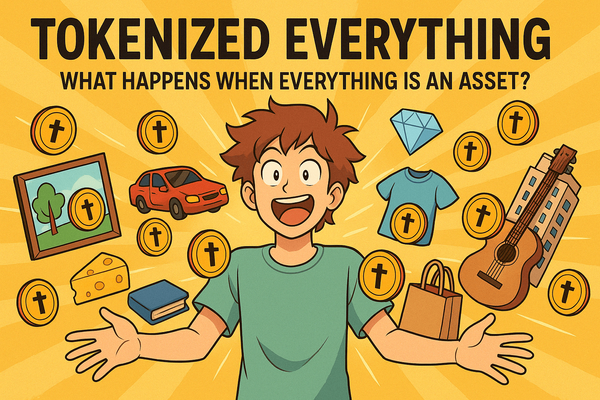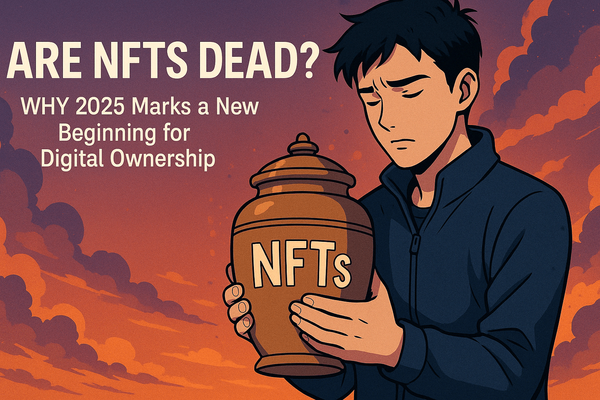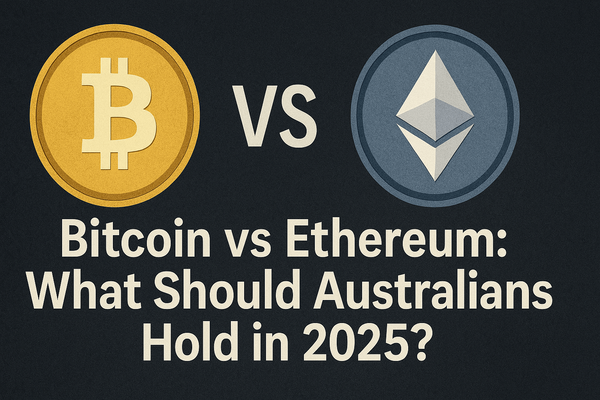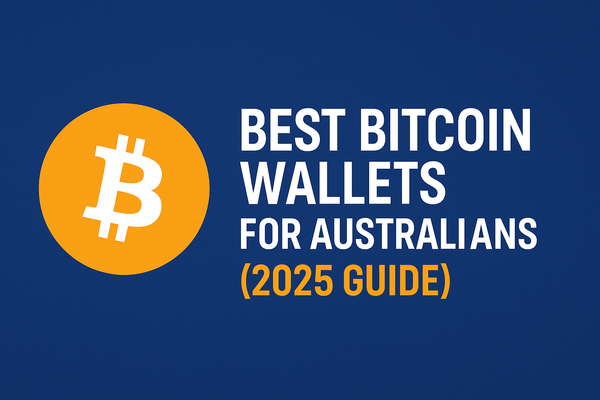What Are NFTs? A Beginner's Guide for Australians
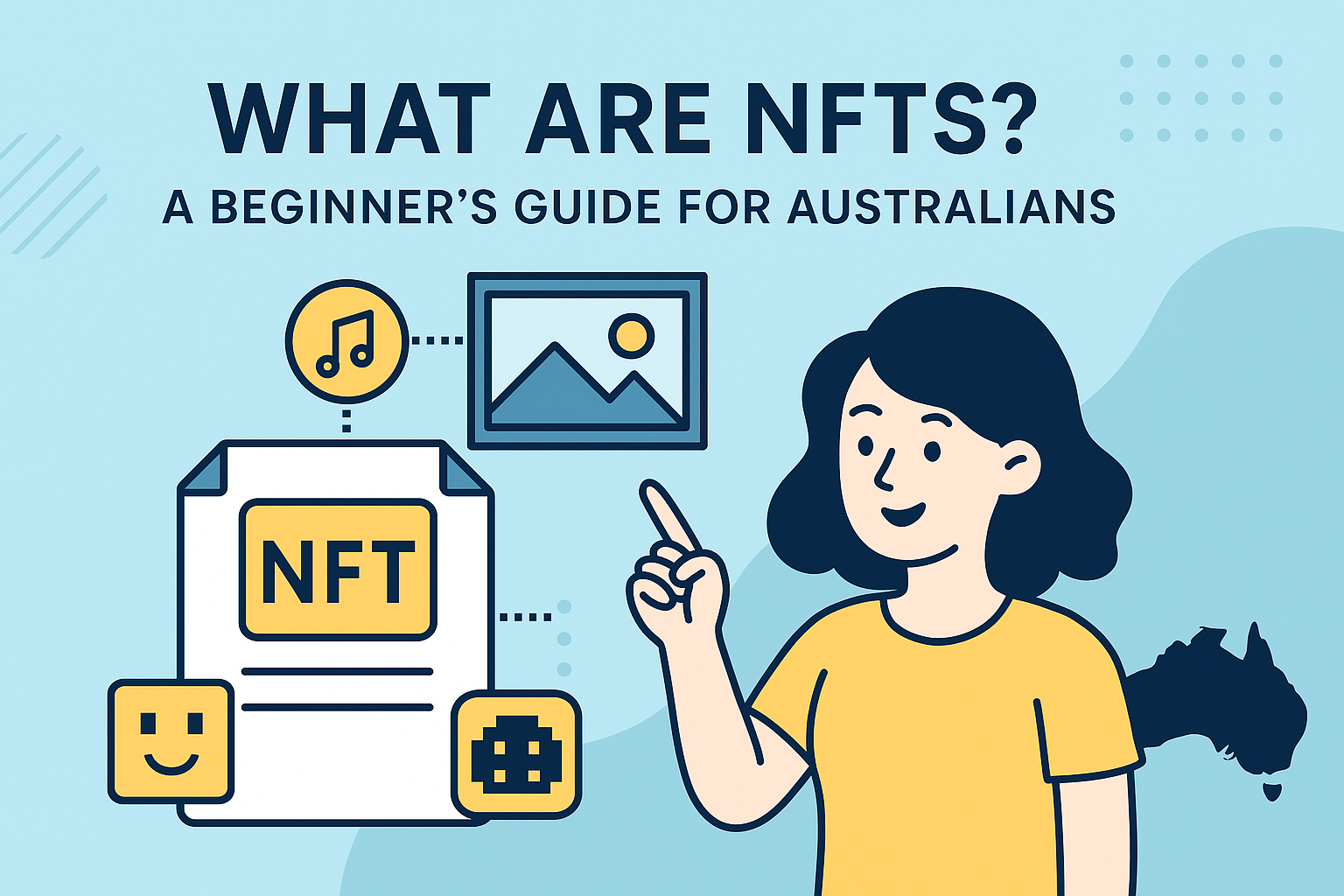
Introduction
You've probably heard the term NFTs (Non-Fungible Tokens) and wondered why they're making headlines globally—and specifically here in Australia. NFTs have rapidly become part of Australia's digital landscape, capturing the attention of investors, artists, and tech enthusiasts alike. But what exactly are they, and why should Australians care?
What Are NFTs (Non-Fungible Tokens)?
NFTs (short for Non-Fungible Tokens) are unique digital assets stored on a blockchain—a decentralized digital ledger that securely records ownership and transactions. Unlike cryptocurrencies such as Bitcoin or Ethereum, NFTs are not interchangeable. Each NFT is unique and can't be replicated, making it ideal for proving ownership of digital items such as artwork, music, collectibles, and even virtual real estate.
Learn more about blockchain technology here.
How Do NFTs Work?
An NFT is created through a process known as minting. This process records your digital item on a blockchain, most commonly Ethereum. Blockchain technology ensures your NFT is unique, tamper-proof, and provably owned by you. Once minted, NFTs can be bought, sold, or traded via digital marketplaces.
Why Do People Buy NFTs?
People buy NFTs for various reasons:
- Digital Collectibles: Think of NFTs like digital trading cards or limited-edition artwork—each uniquely identifiable and authenticated.
- Investment Potential: Many Australians view NFTs as speculative investments, hoping their value will increase over time.
- Community & Status: Owning certain NFTs can grant access to exclusive Australian or international communities, events, or privileges.
Popular Types of NFTs:
- Digital Art (e.g., Beeple's artwork selling for US$69 million)
- Gaming Items (e.g., virtual characters or skins)
- Music & Media (exclusive rights or limited edition tracks)
- Virtual Land and Properties (e.g., Decentraland or Sandbox real estate)
- Sports and Event Collectibles (e.g., AFL or Australian Open NFTs)
NFTs in Australia
NFT adoption in Australia has been rapidly growing. According to Finder.com.au, approximately 4.6% of Australian internet users owned an NFT as of 2021, with predictions of continued growth. Major Australian brands and events, including the Australian Open, have begun embracing NFTs, further solidifying their local popularity.
How Can Australians Buy NFTs?
To buy NFTs, Australians typically need to:
- Set up a cryptocurrency wallet (like MetaMask)
- Purchase cryptocurrency (usually Ethereum) via local exchanges such as CoinSpot or Swyftx
- Visit an NFT marketplace (such as OpenSea, Rarible, or local options like Immutable X)
- Purchase or bid on the desired NFT
Risks and Considerations for Australians:
NFTs, like all crypto assets, come with risks:
- Market Volatility: NFT values can fluctuate rapidly.
- Regulatory Uncertainty: Australia's crypto regulations may evolve, affecting NFTs.
- Security Risks: NFTs must be securely stored in reliable crypto wallets to avoid theft or scams.
Always perform thorough due diligence and consult the Australian Taxation Office’s crypto asset guidance before investing significantly.
How to Get Started with NFTs in Australia:
Here's a quick checklist:
- Set Up a Crypto Wallet: MetaMask, Trust Wallet, or Australian platforms such as CoinJar
- Buy Crypto: Purchase Ethereum (ETH) or another supported cryptocurrency via Australian exchanges like CoinSpot or Swyftx
- Select Marketplace: International (OpenSea, Foundation) or Australian-friendly (Immutable X)
- Make Your First Purchase: Choose a low-cost NFT to understand the buying process
FAQs about NFTs for Australians:
Q: Are NFTs legal in Australia?
A: Yes, NFTs are legal in Australia, though tax rules and regulatory frameworks are continually evolving.
Q: Do I need cryptocurrency to buy NFTs?
A: Yes. NFTs are typically purchased with cryptocurrency like Ethereum.
Q: Can NFTs be taxed in Australia?
A: Yes, NFTs can trigger Capital Gains Tax (CGT) obligations, depending on your profits and transaction frequency. Always consult an Australian tax professional.
Q: Are NFTs environmentally friendly?
A: Some blockchains (e.g., Ethereum) have historically used significant energy, though recent moves to greener technologies like Ethereum's switch to proof-of-stake have significantly reduced environmental impacts.
Conclusion & Next Steps
NFTs are transforming how Australians interact with art, gaming, collectibles, and investment opportunities. Whether you're interested in investment, art, or exploring digital trends, NFTs offer exciting possibilities.
Want to dive deeper? Explore our complete guides:
Last updated: March 2025

